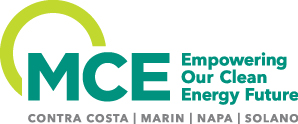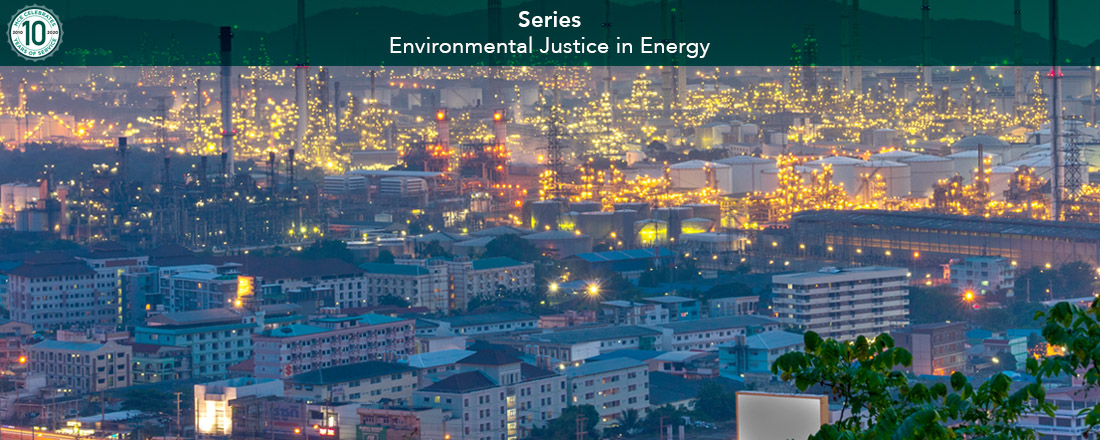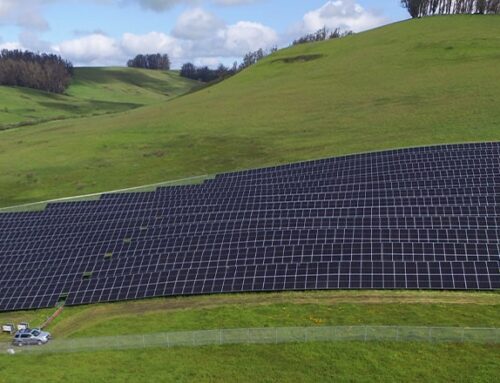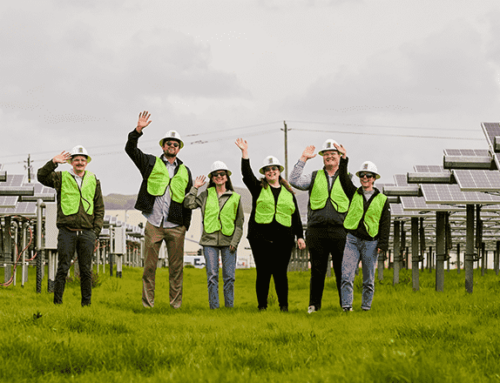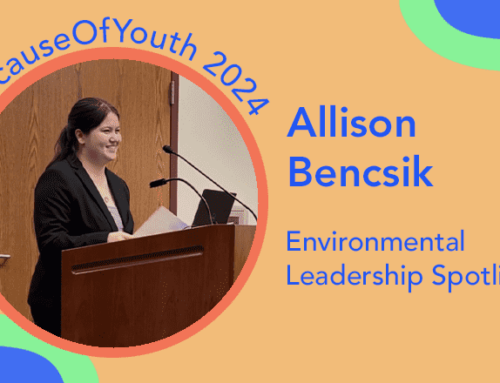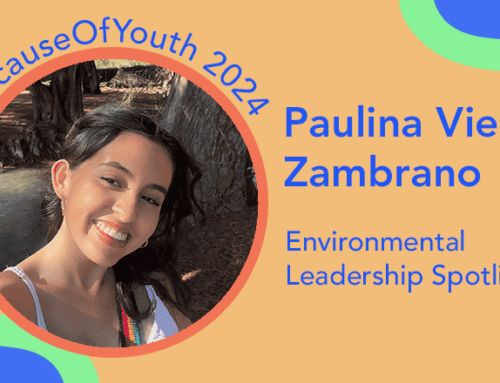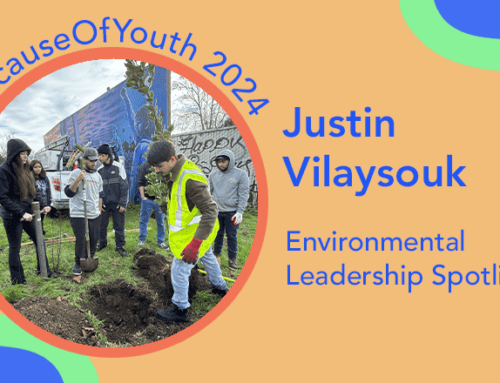MCE’s Environmental Justice in Energy Series series explores the ways environmental justice is essential to MCE’s mission to address climate change by reducing energy-related greenhouse gas emissions with renewable energy and energy efficiency.
Environmental justice (EJ) is defined by the EPA as “the fair treatment and meaningful involvement of all people regardless of race, color, national origin, or income, with respect to the development, implementation, and enforcement of environmental laws, regulations, and policies. This goal will be achieved when everyone enjoys the same degree of protection from environmental and health hazards; and equal access to the decision-making process to have a healthy environment in which to live, learn, and work.”
Environmental Justice Is Racial Justice
As California’s first Community Choice Agency (CCA), MCE was started by a community committed to environmental justice (EJ) and clean energy. MCE is governed by a board of locally elected officials who reflect the interests of the communities they serve. As a not-for-profit public agency, our customers are able to influence our policies and programs through public meetings, ensuring that all people—regardless of race, color, national origin, or income—can influence the development of our agency.
As a result, MCE reflects the values of our communities. MCE has been committed to environmental justice for more than a decade, working against the systemic injustice built into our societal structure over centuries. By building and buying more renewable energy, we clean up the polluting fossil fuels on our shared grid that disproportionately impact people of color. We know that all aspects of society are affected by racial injustice, and the energy sector is no exception.
- Half of California’s fossil-fueled peaker plants are located in disadvantaged communities. Peaker plants tend to operate disproportionately on hot days, when residents and businesses use a lot of air-conditioning and air quality is already poorer than usual.
- Latino and Black people are more likely to live in disadvantaged communities. More than 50% of Latino and Black children under the age of 10 are growing up in communities lacking environmental justice resources.
- Multiple studies have shown that people of color, particularly Black people, are disproportionately impacted by burning fossil fuels in vehicles and power plants.
- Communities of color have disproportionately high rates of disconnection or inability to keep up with monthly energy bills, leading to further economic and health hardships, including evictions and housing insecurity.
MCE’s Frontline Communities
Frontline communities bear the “first and worst” of polluting environmental impacts. Historically and systemically, these communities, largely populations of color and economically disadvantaged, are home to fossil-fueled power plants, oil refineries, fracking sites, and other toxic facilities that make people who live nearby sick and shorten their lives. MCE serves frontline communities in the refinery corridor of Contra Costa County, like the cities of Richmond and Pittsburg.
When the City of Richmond requested to join MCE in 2013, this decision was partly influenced by the City’s direct experience with the fossil fuel industry. The Chevron refinery in Richmond is older than the City itself, making this a classic “refinery town.” For more than 100 years, the Richmond community has experienced dire consequences beneath the smokestack. For example, the 1999 explosion sent hundreds of residents to the hospital, left nearby water and soil polluted, and sent sulfuric gas into the air. A shelter-in-place order proved ineffective because it didn’t consider the community demographics, which included a large population of non-English speakers. In 2012, the refinery experienced another fire that sent approximately 15,000 people to the local hospital. This hospital is now closed, raising concerns as to what will happen if there is a future event. When the community marched in protest on the anniversary of the event, 210 people were arrested. Living alongside an oil refinery also comes with increased air pollution and higher rates of cancer, birth defects, and respiratory illness such as asthma—health conditions that disproportionately impact communities of color.
Advocates for renewable energy often call for a “just transition” to a clean energy economy. A just transition means that clean air and soil is not solely for the affluent and privileged. To be just, we must make our electricity sustainable, and ensure that doing so won’t come at the expense of communities already struggling to find economic footing. Currently, some families must make impossible choices between paying the electric bill and paying the doctor, paying rent, paying for phone service, or buying groceries. Others don’t. These inequities can be alleviated, at least in part, by equitable energy policies and programs. CCAs, through our energy choices, play a role in securing our collective access to clean water, soil, and air—our basic human rights.
MCE’s Commitment to Equity
These systemic disadvantages are why MCE is committed to creating more equitable communities while addressing climate change through renewable energy, energy efficiency, and local economic and workforce benefits. We serve diverse communities with unique opportunities to build an equitable future. If we think globally and act locally, we can move the needle toward a brighter future for every individual of every background. Here is what MCE is doing to support these communities:
- MCE’s Energy Storage Program allocated $6 million to solar plus storage installations with a priority for investments in facilities and residences that support low-income and medically vulnerable customers.
- MCE allocated over half a million dollars toward our income-qualified solar rebate program.
- MCE offers clean transportation incentives for income-qualified customers to purchase an electric vehicle or to install charging stations at multifamily properties.
- MCE helps catalyze local job training and hiring opportunities. For example, our 65-acre MCE Solar One installation in Richmond included a 50% local hire requirement and funding for local training programs so that local Richmond residents would have opportunities for green career pathways.
- MCE’s Sustainable Workforce and Diversity Policy outlines our commitment to diversity and inclusion by contracting for power resources, procuring goods and services, and implementing hiring initiatives. The Policy calls for quality training, apprenticeship, and pre-apprenticeship programs; fair wages; and hiring practices that promote diversity in the workplace.
- MCE’s Feed-in Tariff programs include a prevailing wage requirement to ensure that workers are compensated fairly.
- MCE leads informative workshops to connect our local businesses to the State of California’s Supplier Diversity Clearinghouse. Eligible businesses can apply to get certified through this utility contracting program to strengthen their business. Current eligibility extends to woman-owned; disabled veteran-owned; lesbian, gay, bisexual, transgender, and queer (LGBTQ)-owned; and minority-owned businesses.
Over the next few months, we will share stories of MCE’s historic and ongoing commitment to environmental justice. There is always more to be done. Through deep community partnerships and collaboration, we can better understand these inequities and be an active partner in community-led solutions. Whether it’s funding workforce development to create new job opportunities in the refinery corridor, ensuring that additional attention is given to engaging Spanish speakers for our customer programs in Marin, or sponsoring fieldworker tradeshows and community groups in Napa, MCE is committed to celebrating the rich cultural heritage in our communities and to addressing inequity in our fight for a clean energy future for all.
